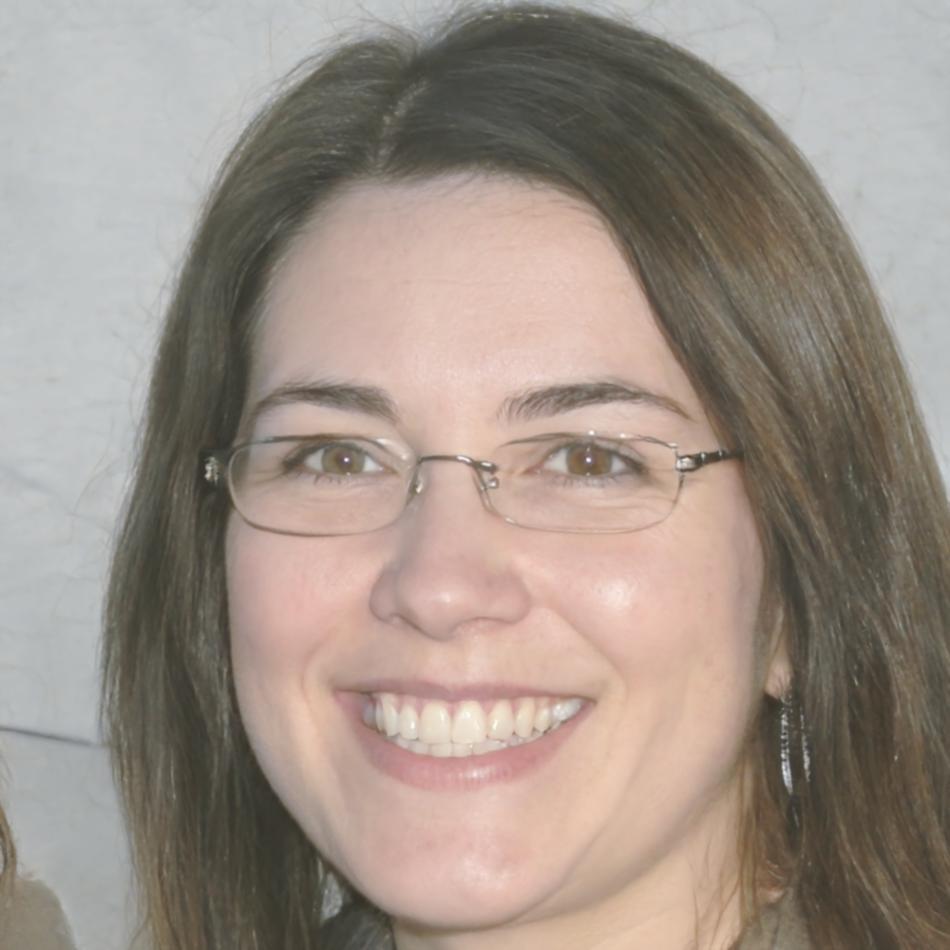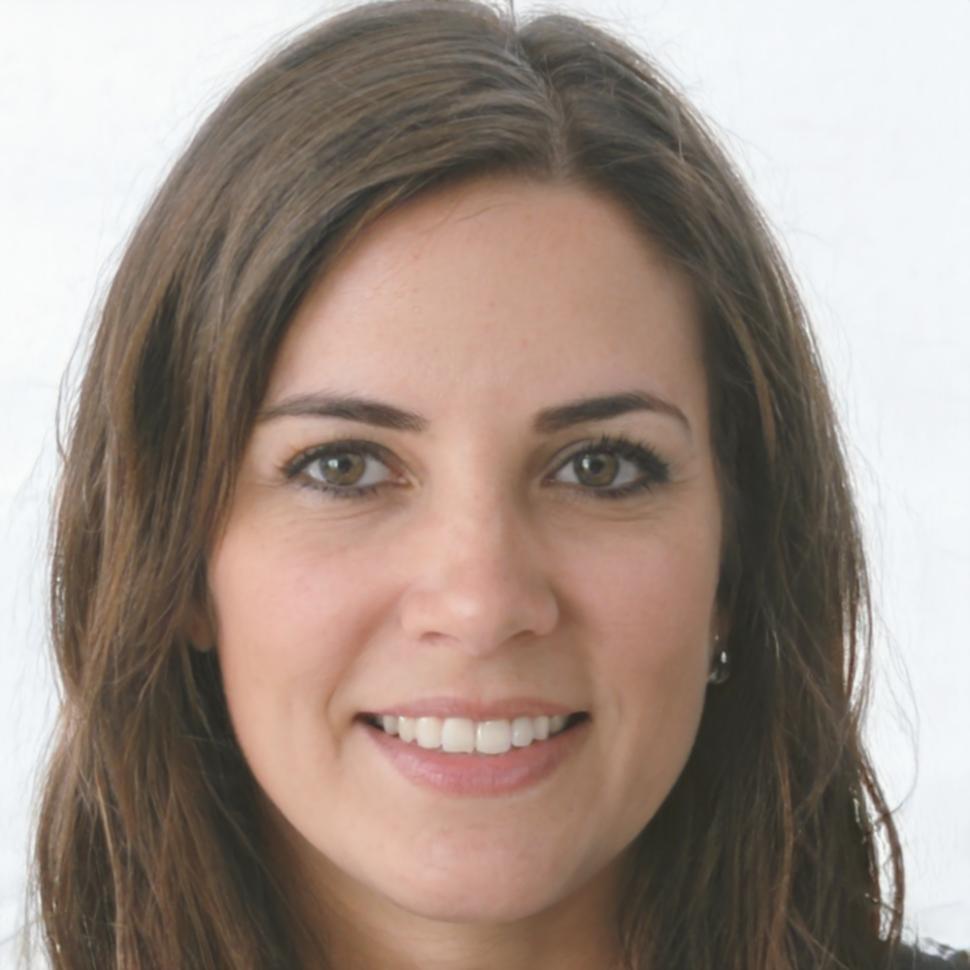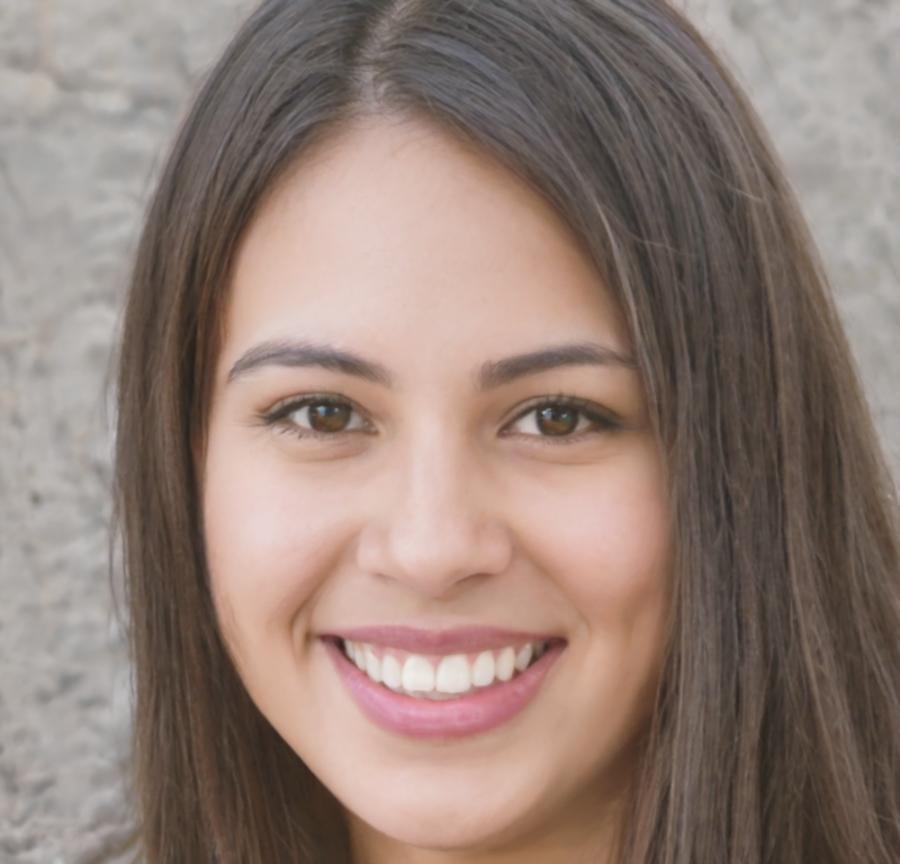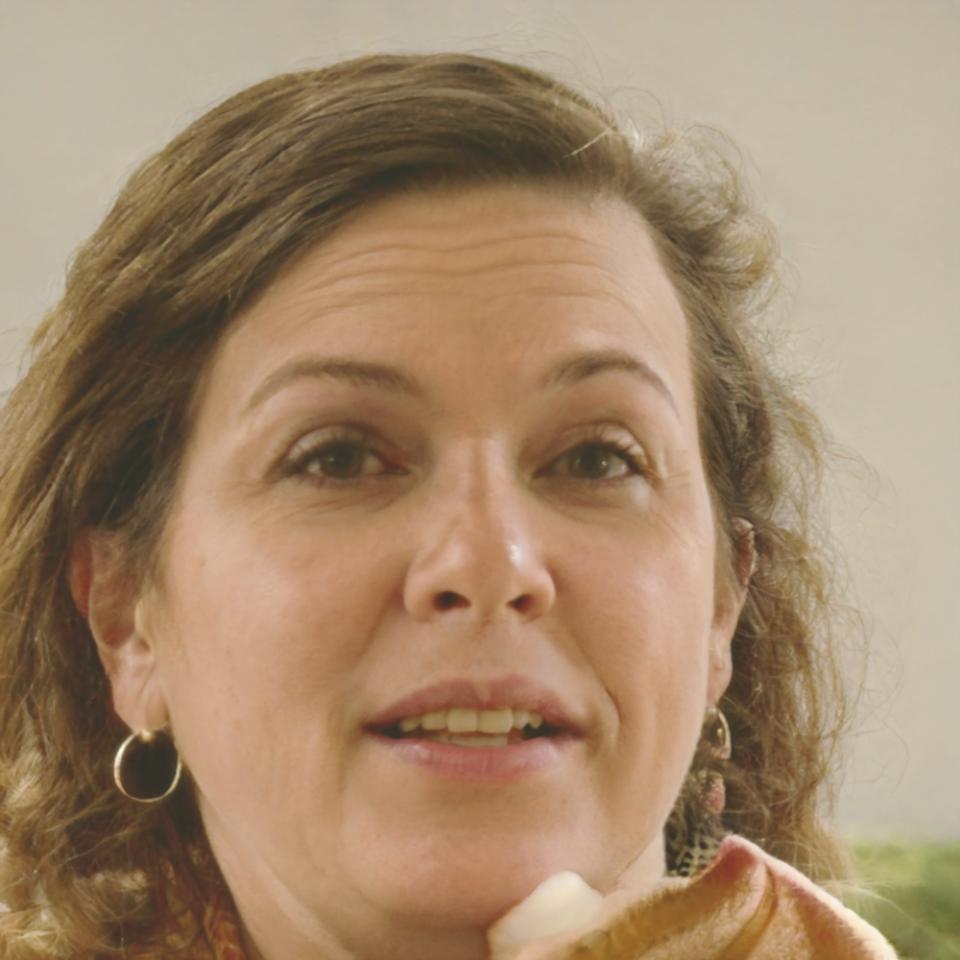Build Real Financial Skills Through Practical Experience
Our structured program walks you through progress measurement techniques that actually work in day-to-day financial management. You'll learn from experienced practitioners who've spent years figuring out what matters most.
Peer Groups That Actually Help You Progress
Look, learning financial analysis can feel isolating when you're stuck on spreadsheet formulas at 9pm. That's why we built study groups right into the structure. You'll work through real scenarios with people who get it.
- Weekly cohort sessions where you tackle actual measurement challenges together
- Peer review system that sharpens your analytical thinking through feedback
- Shared workspace for building templates and comparing approaches
- Monthly group projects that mirror real workplace dynamics
- Alumni network access that continues after graduation
The peer interaction isn't just nice to have. It's where a lot of the learning happens. Someone explains a concept differently than the instructor did, and suddenly it clicks.




Different Paths, Similar Goals
People come to this program from all sorts of backgrounds. What matters is where you want to go and whether you're willing to put in consistent effort.
Questions We Get at Different Stages
Everyone has concerns. Here's what people typically wonder about before, during, and after the program.
Deciding If This Is Right
Do I need specific math skills or can I learn as I go?
How does this compare to university finance courses?
What's the actual time commitment beyond the stated hours?
Can I manage this alongside full-time work?
Most people come in with basic spreadsheet knowledge. We cover foundational concepts in the first two months. The workload varies but expect busier periods during project submissions.
When You're In the Middle
What happens if I fall behind on coursework?
How accessible are instructors for questions?
Can I take breaks or pause if work gets intense?
Are the group projects mandatory or optional?
We build in catch-up weeks and instructors hold office hours twice weekly. You can defer one term if needed. Group projects are required because they teach collaborative skills you'll need professionally.
Moving Forward
Do graduates stay connected or does everyone disappear?
What kind of ongoing support exists for alumni?
How long does it typically take to see opportunities open up?
Can I come back for refresher content or updated material?
Active alumni network meets quarterly. You keep access to updated course materials indefinitely. Timeline for opportunities varies widely based on your goals and location, but most see possibilities within six months.
